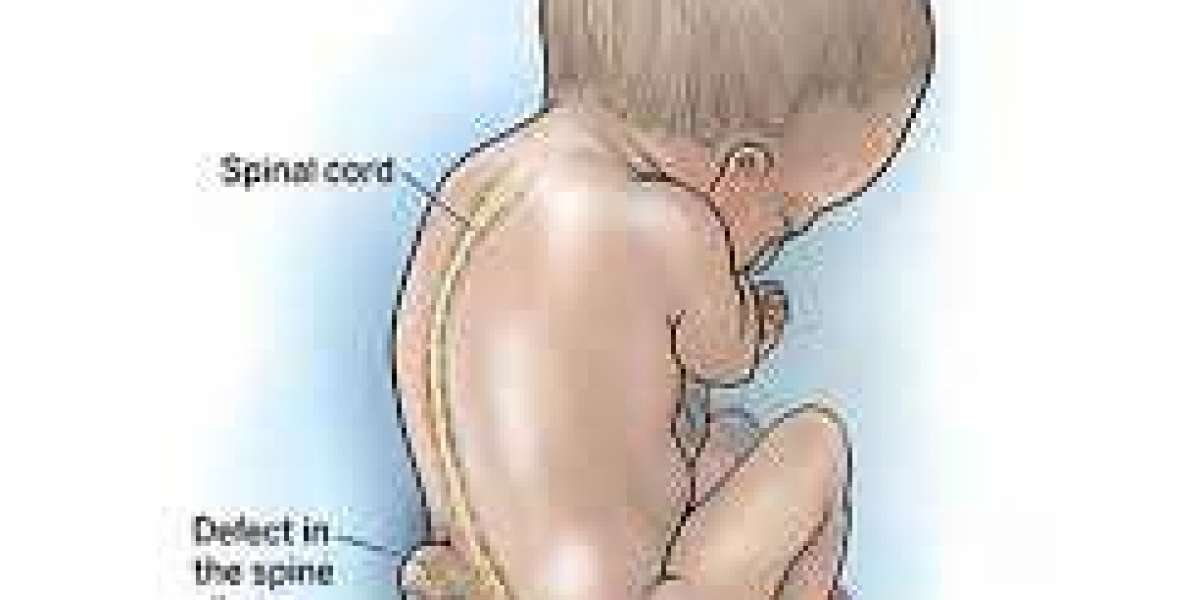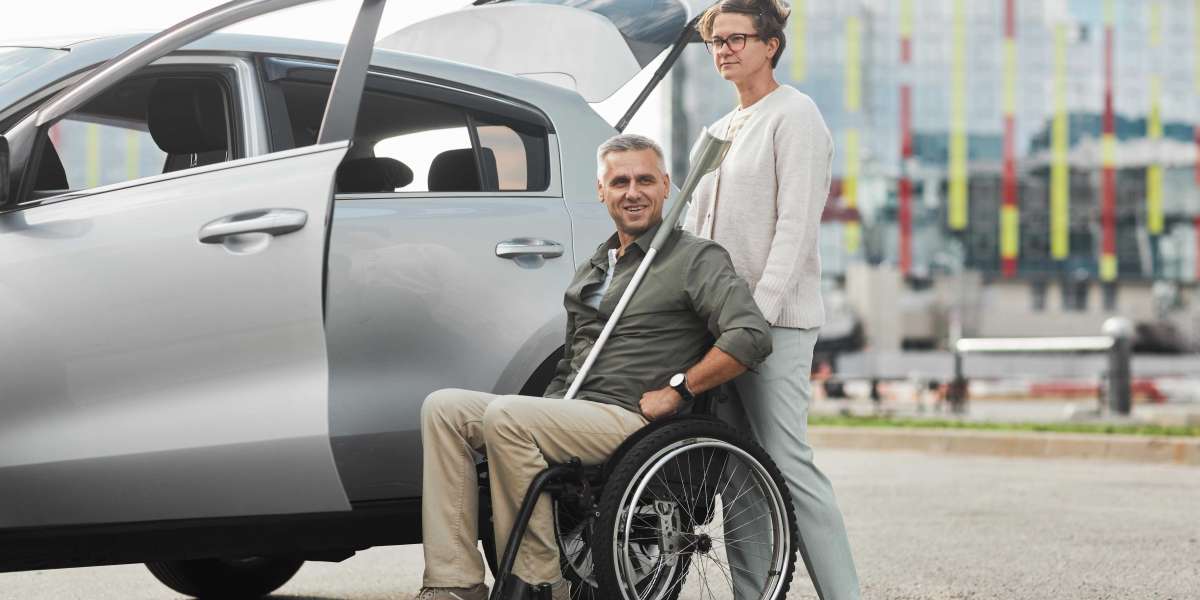Living with spina bifida in Ireland presents both challenges and opportunities. Spina bifida, a congenital neural tube defect, can affect mobility, bladder control, and neurological function. In Ireland, approximately 1 in every 1,000 babies is born with some form of spina bifida, making it one of the more common birth conditions.
Thanks to advances in medical care and early diagnosis, individuals with spina bifida in Ireland now have access to a wide range of services aimed at improving quality of life. Multidisciplinary care—including physiotherapy, occupational therapy, urology, and neurosurgery—plays a key role in managing symptoms and encouraging independence.
Organizations such as Spina Bifida Hydrocephalus Ireland (SBHI) provide crucial support, advocacy, and education for families and individuals navigating life with this condition. They also campaign for better healthcare access and inclusive public policies.
Educational and community inclusion has improved, but there is still progress to be made in areas like housing, employment, and long-term health planning. Innovations in assistive technology and holistic approaches such as neuro breath—a breathing method to support neurological health and reduce stress—are also being explored as part of wellness strategies.
With growing awareness and committed support, people affected by spina bifida in Ireland are achieving more independence and a higher quality of life than ever before.








